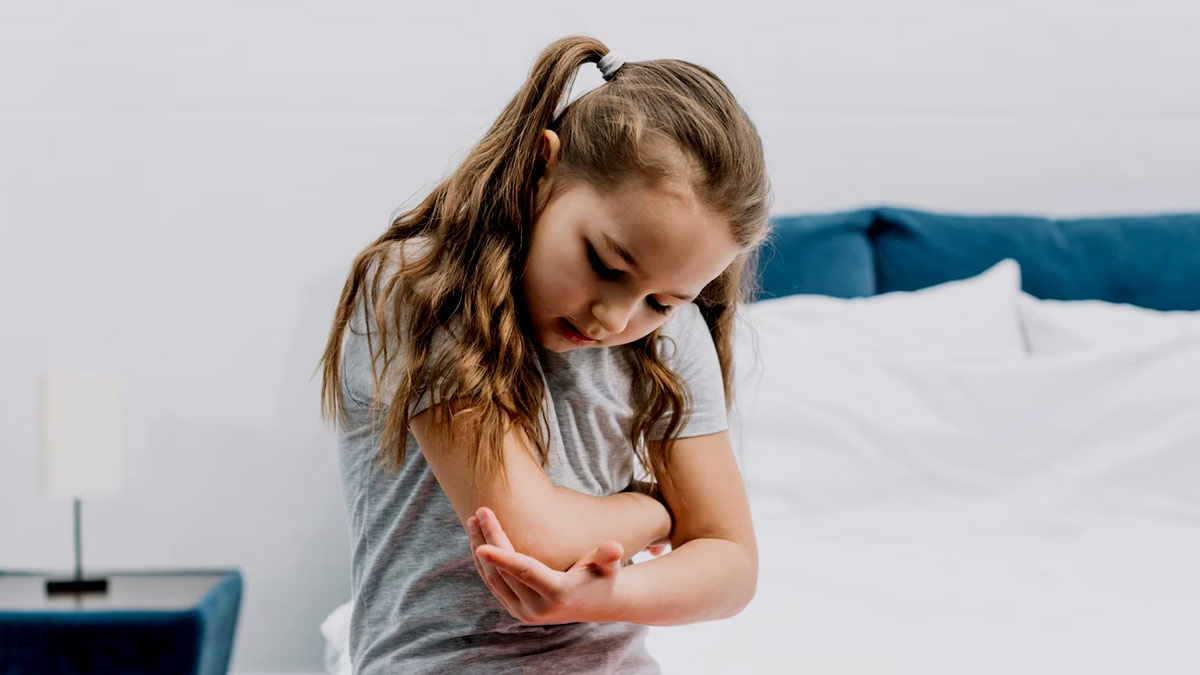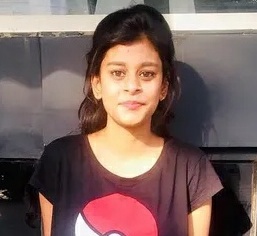
Juvenile arthritis, also known as childhood arthritis, is a condition that affects children under the age of 16 and can lead to joint inflammation and pain. Early detection is crucial for effective management and to prevent long-term complications.
Symptoms Of Juvenile Arthritis
Here are four key symptoms to watch out for:
1. Joint Pain and Swelling
Persistent joint pain and swelling are common signs of juvenile arthritis. Children may complain of discomfort, tenderness, or stiffness in one or multiple joints, which can vary in severity throughout the day. Affected joints may appear red and feel warm to the touch.
2. Morning Stiffness
If a child experiences stiffness, particularly in the morning or after a period of inactivity, it could be an indication of juvenile arthritis. This stiffness may last for more than an hour and may improve with movement and activity.
3. Fatigue and Irritability
Children with juvenile arthritis often experience fatigue and a general feeling of tiredness, even after getting sufficient rest. The persistent discomfort and pain can lead to irritability and changes in mood and behaviour.

4. Limited Mobility
As the disease progresses, children with juvenile arthritis may find it challenging to participate in physical activities or engage in regular play. They may avoid using affected joints, leading to decreased mobility and muscle weakness.
If any of these symptoms persist for several weeks or interfere with a child's daily activities, it's essential to seek medical attention promptly. Juvenile arthritis is a chronic condition, and early diagnosis and appropriate treatment can help manage symptoms and prevent joint damage.
A paediatric rheumatologist is a specialist who can diagnose and manage juvenile arthritis. They will conduct a thorough evaluation, which may include medical history, physical examination, and, if necessary, blood tests and imaging studies.
In addition to medical treatment, early intervention may involve physical and occupational therapy to improve joint function and maintain mobility. With the right care and support, children with juvenile arthritis can lead fulfilling lives and minimise the impact of the disease on their overall well-being.







